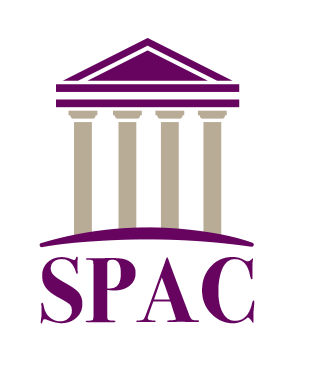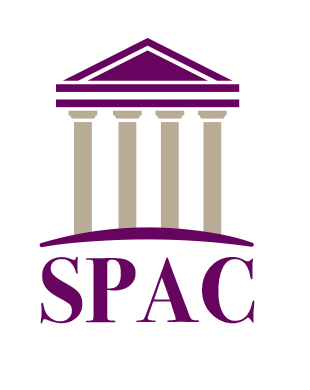
The Sentencing Policy Advisory Council (SPAC) is Illinois’ non-partisan, independent sentencing commission. The Council was developed by the Criminal Law Edit, Alignment and Reform (CLEAR) Commission to bring together diverse viewpoints and is mandated to analyze the systemwide consequences of sentencing policy decisions. SPAC is also mandated to address the effective allocation of resources to support policy changes. SPAC reports directly to the Illinois General Assembly, the Illinois Supreme Court, and the Governor. See 730 ILCS 5/5-8-8.
In every aspect of its work, SPAC mindful of the purposes of sentencing in Illinois:
- Prescribe sanctions proportionate to the seriousness of the offenses and permit the recognition of differences in rehabilitation possibilities among individual offenders;
- Forbid and prevent the commission of offenses;
- Prevent arbitrary or oppressive treatment of persons adjudicated offenders or delinquents; and
- Restore offenders to useful citizenship. See 730 ILCS 5/1-1-2.
The members of SPAC represent diverse perspectives and experiences from across the criminal justice system. SPAC members include legislators, retired judges, the Illinois Attorney General, prosecutors, defense attorneys, representatives of the Administrative Office of the Illinois Courts, law enforcement officials, academics, and a victim of violent crime. The directors of the Illinois State Police, Department of Corrections, Prisoner Review Board, and Criminal Justice Information Authority serve as ex officio members.
New Publications
HB74
House Bill 74(HB74) requires sex offenders required to register under the Sex Offender Registration Act (SORA) serve a prison sentence. This means all sex offenses covered under SORA would not be eligible for probation. Under current law, some but not all SORA offenses require a prison sentence.
You can view the document at this link.
Homicide 101
This document summarizes homicide offenses in Illinois. Homicide in Illinois can range from unintentional killing to intentional murder. Often, homicide is confused with murder, but they are not fully synonymous. Homicide occurs any time a person causes the death of another, while murder is more specifically defined as discussed below with examples provided. There are three categories of homicide in Illinois: first degree murder, second degree murder, and unintentional homicide.
You can view the document at this link.
Affirmative Defenses 101
This document summarizes affirmative defenses in Illinois. Articles 4, 6, and 7 of the Criminal Code provides statutory affirmative defenses. Affirmative defenses are those where a defendant will admit that they committed a crime but provide an excuse or justification why they should be punished less or not at all for the crime. Whether an affirmative defense prevents or reduces punishment is a decision for the jury. There are generally two categories of affirmative defenses, justification and exoneration.
You can view the document at this link.
SPAC REGULAR MEETING July 2025
Scheduled: July 18th, 2025
Meeting Details
Date: Friday, July 18th, 2025
Time: 10 am to 12 pm
Location: Michael A. Bilandic Building - 160 N La Salle St, Chicago, IL 60601. Room N502.
Virtual Attendance:
Link: https://illinois.webex.com/illinois/j.php?MTID=mdc31b92251d19c28d7d2613c21a255e4
Webinar number: 2862 184 1050
Webinar password: 5mCUjQUbM67 (56285782 when dialing from a phone or video system)
Join by phone +1-312-535-8110 United States Toll (Chicago) +1-415-655-0002 US Toll
Access code: 286 218 41050
